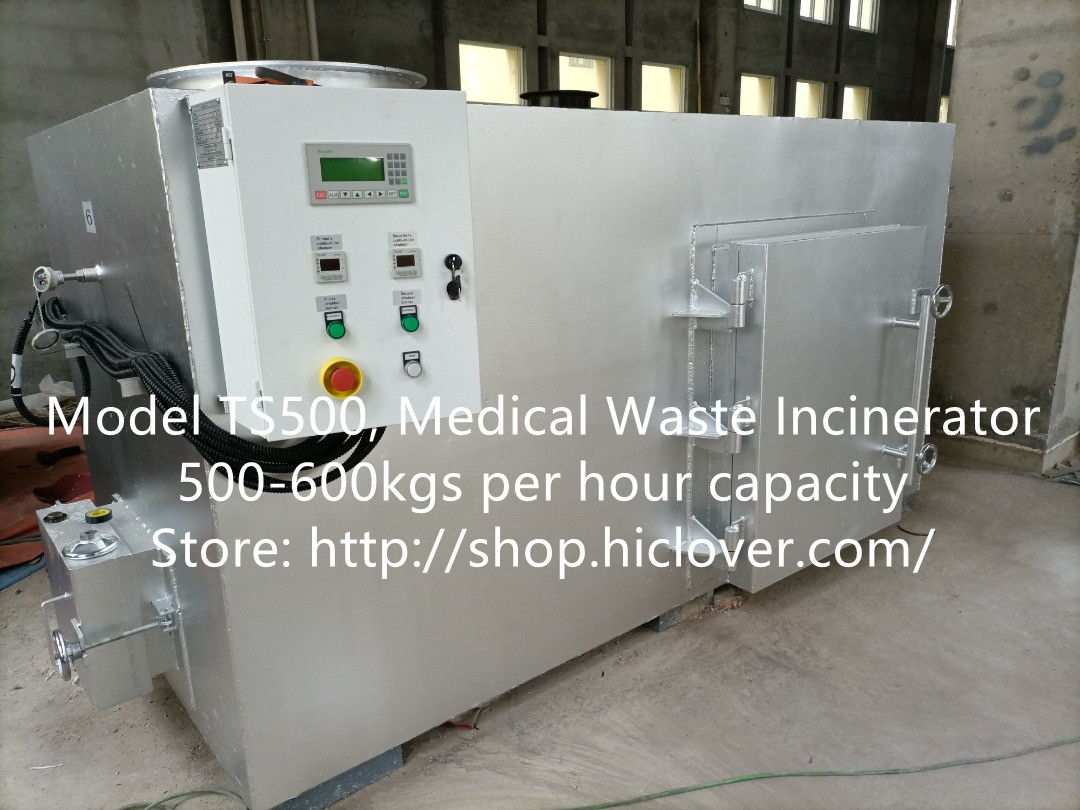Incinerators have long been used as a method of waste disposal in many countries around the world, including Botswana. However, in recent years, there has been a growing opposition to incinerators in the country, as more and more people become aware of the negative impacts they can have on the environment and public health.
One of the main concerns surrounding incinerators in Botswana is the release of harmful pollutants into the air. When waste is burned in an incinerator, it can produce a range of toxic chemicals, including dioxins, furans, and heavy metals. These pollutants can have serious health effects on nearby communities, including respiratory problems, cancer, and reproductive issues. In a country like Botswana, where air quality is already a concern in many areas, the addition of incinerator emissions only exacerbates the problem.
Another issue with incinerators is the potential for them to release greenhouse gases into the atmosphere. When waste is burned, it releases carbon dioxide and other greenhouse gases, contributing to climate change. In a country that is already feeling the effects of climate change through droughts, floods, and other extreme weather events, the addition of greenhouse gas emissions from incinerators is a major concern for many people.
Furthermore, opponents of incinerators argue that there are better, more sustainable ways to manage waste. Recycling and composting are two examples of waste management practices that produce less pollution and have a lower impact on the environment. By promoting these methods of waste disposal, Botswana can reduce its reliance on incinerators and move towards more environmentally friendly waste management practices.
The growing opposition to incinerators in Botswana has led to increased calls for stricter regulations and oversight of waste management facilities. Many people are advocating for more transparency and accountability from incinerator operators, as well as better monitoring of air and water quality in areas surrounding incinerators. Additionally, there have been calls for the government to invest in alternative waste management infrastructures that focus on recycling and composting, rather than incineration.
In recent years, there have been several protests and campaigns against the construction and expansion of incinerators in Botswana, showing the strength of the opposition to these facilities. As more people become aware of the negative impacts of incinerators, there is hope that the government and private sector will be encouraged to invest in more sustainable waste management solutions.
Overall, the growing opposition to incinerators in Botswana highlights the need for more sustainable and environmentally friendly waste management practices. By promoting recycling, composting, and other alternative methods of waste disposal, Botswana can reduce its impact on the environment and protect the health of its citizens. It is clear that the time has come for Botswana to move away from incinerators and towards more sustainable waste management solutions.



